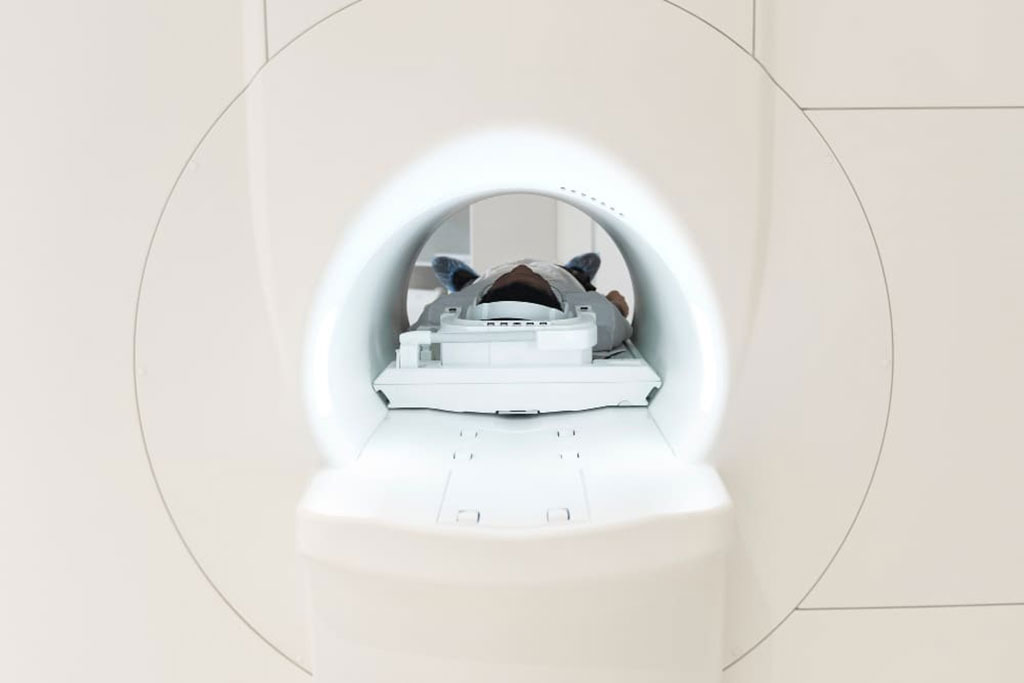SPECT/CT Can Guide Treatment Decisions in Prostate Cancer Patients
Posted on 05 Jul 2023
177Lu-PSMA, a treatment approved by the US FDA for metastatic castration-resistant prostate cancer, is currently administered using a standardized dosing interval. However, responses to this treatment can vary significantly, with some patients responding positively, while others show early signs of progression. Now, a new study has shown that early stratification with 177Lu-SPECT/CT allows patients responding positively to take a "treatment holiday" and offers non-responsive patients the chance to switch to an alternative treatment. By monitoring early-response biomarkers in patients undergoing 177Lu-PSMA prostate cancer treatment, physicians can customize dosing intervals, greatly enhancing patient outcomes.
In the study involving 125 men who received six weekly doses of 177Lu-PSMA in a clinical program, researchers at St. Vincent's Hospital (Sydney, Australia) evaluated progression-free survival and overall survival of different dosing intervals. After each dose, 177Lu-SPECT/CT imaging was performed on the men. Post the second dose, the researchers analyzed the men’s prostate-specific antigen (PSA) levels and the 177Lu-SPECT response to guide further management. Patients were categorized based on their level of response. Response Group 1, constituting 35% of participants, showed a significant reduction in PSA level and partial response on 177Lu-SPECT, and was advised to stop treatment until PSA levels increased. Response Group 2, comprising 34% of the participants, exhibited stable or reduced PSA and stable disease on SPECT imaging; these men continued their six-week treatment plan until it was no longer clinically beneficial. Men in Response Group 3 (31%) witnessed a rise in PSA levels and had progressive disease on SPECT imaging. These patients were offered the chance to try an alternative treatment.

A reduction of more than 50% in PSA levels was observed in 60% of patients. On average, participants in the study had a median PSA progression-free survival of 6.1 months and a median overall survival of 16.8 months. The median PSA progression-free survival for Response Groups 1, 2, and 3 was 12.1 months, 6.1 months, and 2.6 months, respectively. The overall survival was 19.2 months for Response Group 1, 13.2 months for Response Group 2, and 11.2 months for Response Group 3. Furthermore, for those in Response Group 1 who took a "treatment holiday," the median treatment-free period was 6.1 months.
“Personalized dosing allowed one-third of the men in this study to have treatment breaks while still achieving the same progression-free and overall survival outcomes they would have if they received continuous treatment,” said Andrew Nguyen, a senior staff specialist in the Department of Theranostics and Nuclear Medicine at St. Vincent's Hospital. “It also allowed another one-third of men who had early biomarkers of disease progression the opportunity to try a more effective potential therapy if one was available.”
Related Links:
St. Vincent's Hospital














